Hanukkah is not the “Jewish Christmas”
The lights dim as the elementary school holiday concert begins. The students perform the traditional songs of “Feliz Navidad” and “Dreidel Dreidel Dreidel”. Stores advertise Christmas ugly sweaters and blue and gold Hanukkah sweaters. The Elf on the Shelf and Mensch on a Bench get taken out of their boxes. With all of the hype around these holidays, it’s no wonder Hanukkah is referred to as the “Jewish Christmas”. Prepare yourself: Hanukkah is not the Jewish Christmas. These holidays may seem to have many parallels, but how many of them are influenced by the Western Christian culture? Although exchanging gifts on Hanukkah may seem traditional, the idea of exchanging gifts started in order to include Jewish children in the festivities of Christmas. Jewish immigrants also felt pressure to “fit in” with their neighbors and exchange gifts. Timewise, Hanukkah falls near or even overlaps with Christmas, which causes parents and teachers to attempt to include Jews in the holiday festivities. The United States, in particular, has tried to turn Hanukkah into a major, spotlighted holiday. However, Hanukkah is considered a minor holiday in the Jewish faith; in fact, it is not even in the Torah.
Hanukkah, also spelled Chanukah, is a Jewish holiday to honor the Jews’ reclaiming of the Second Temple. In approximately 167 B.C.E., the Jewish Holy Temple was seized by the Greek ruler, Antiochus. He declared that Judaism was illegal and forced Jews to worship idols and eat pork, two things that are forbidden in Jewish culture. In secret, Jews would study the Torah and hide the texts under a game of dreidel when soldiers came near. Mattathias, a Jewish high priest, refused to worship idols. He and his five sons, later becoming the Maccabees, killed some of the Greek soldiers. The Maccabees and other Jewish rebels forced the Greeks out of Jerusalem, only to find the Holy Temple desecrated with idols and pig scraps. The Jews needed to purify the Temple by burning oil in a menorah (a seven-branched candelabrum) for eight days. They only had one day’s worth of oil to burn, but the oil kept the flames of the menorah alight for eight whole days. This event is the miracle of Hanukkah and that is what is celebrated on this holiday every year.
Hanukkah is eight days and starts at sundown. It starts on the 25th of Kislev, one of the Jewish months. However, the date of the holiday shifts every year on the Gregorian calendar because the Jewish calendar is a lunar cycle while the Gregorian calendar is on a solar cycle. This year, Hanukkah begins at sundown on December 22 and ends on December 30 at sundown. Different Hanukkah traditions include lighting the Hanukkiah, a nine-branched candelabrum. Using the center candle, the shammash, Jews light one candle on the first day, two on the second and so forth for eight days. Common foods to eat are latkes (fried potato pancakes) and sufganiyot (fried jelly donuts). Both foods are fried to represent the oil that burned for eight days.
Referring to Hanukkah as the “Jewish Christmas” is simply incorrect. The holiday is a common favorite among Jews and will never lose its winter luster.
Chag Sameach!



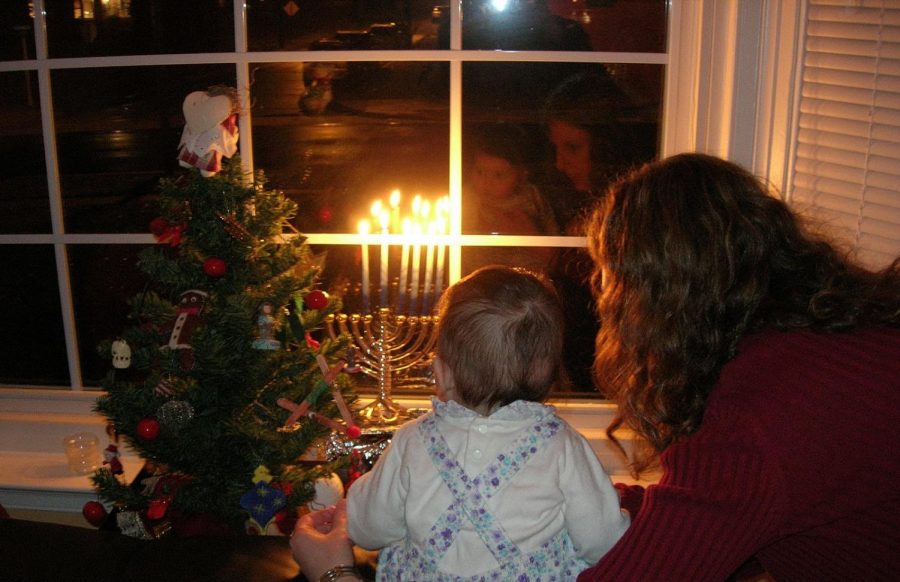
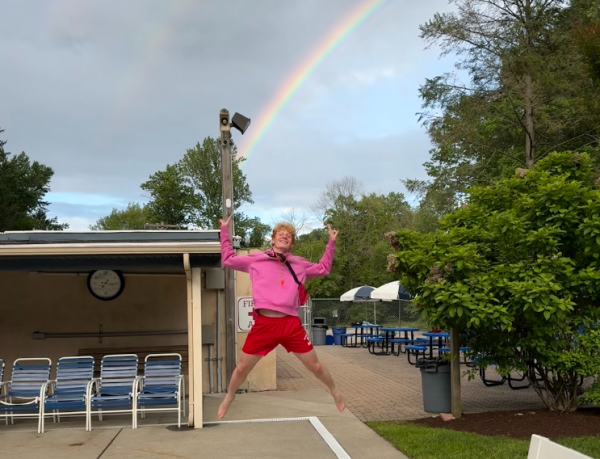
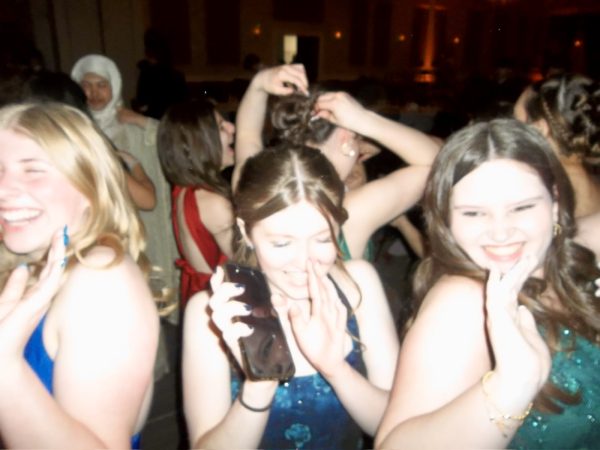

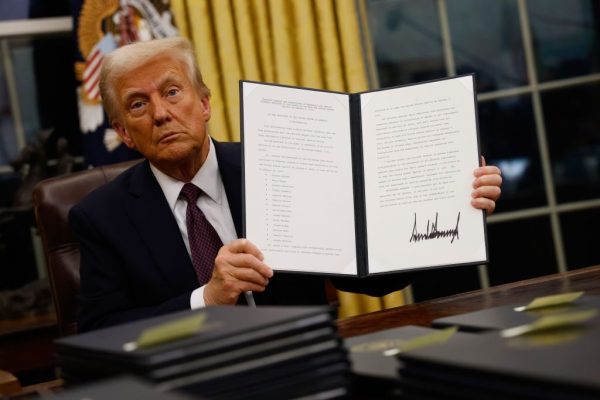
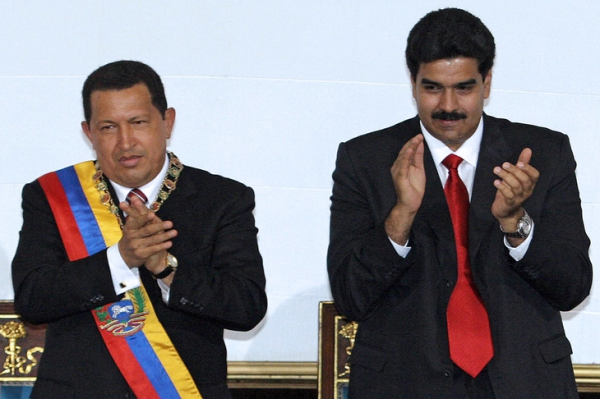

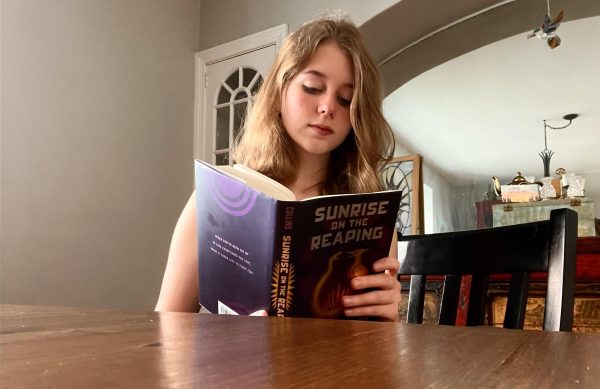
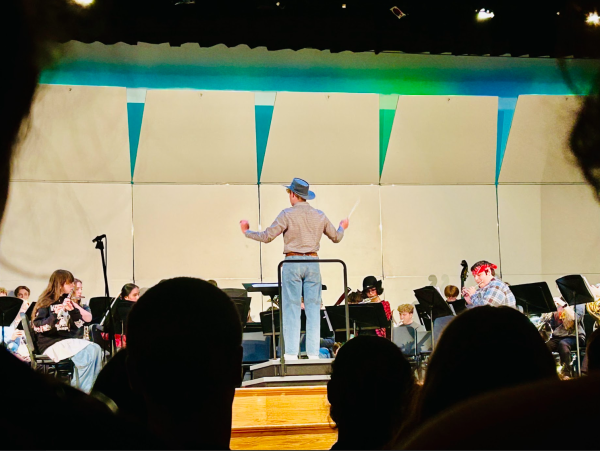
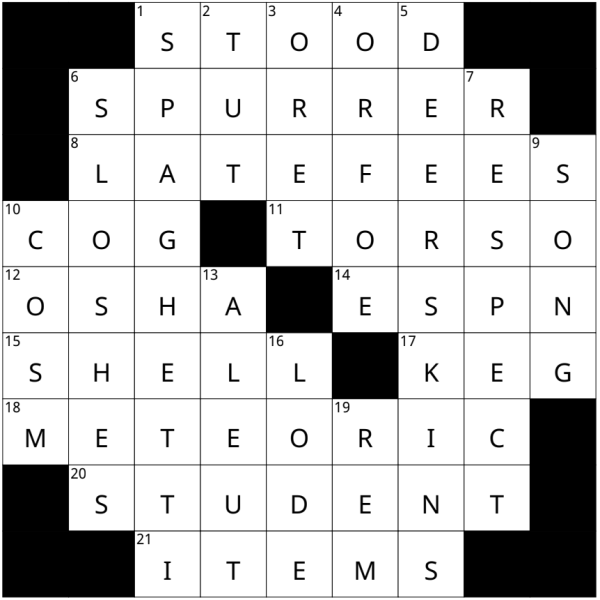
Liz Wolfe • Dec 20, 2019 at 12:31 pm
I love the different perspective on the holiday season!
Rachel Plasky • Dec 20, 2019 at 9:32 am
Obligatory “as a fellow Jew”, I’d have to agree. It’s also important to note that Hanukkah is really only a big deal for Reform, Reconstructionist, and (some) Conservative Jews. While Hanukkah has become something of a corporate victim, it would be unfair to say that that movement has not been pushed by more “lax” branches of Judaism. It’s fun after all and makes Judaism more accessible to non-Jews. Maybe buying Hannukah decorations that were made in China isn’t so bad…